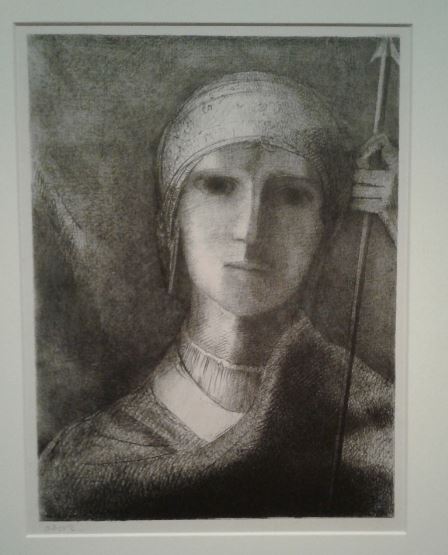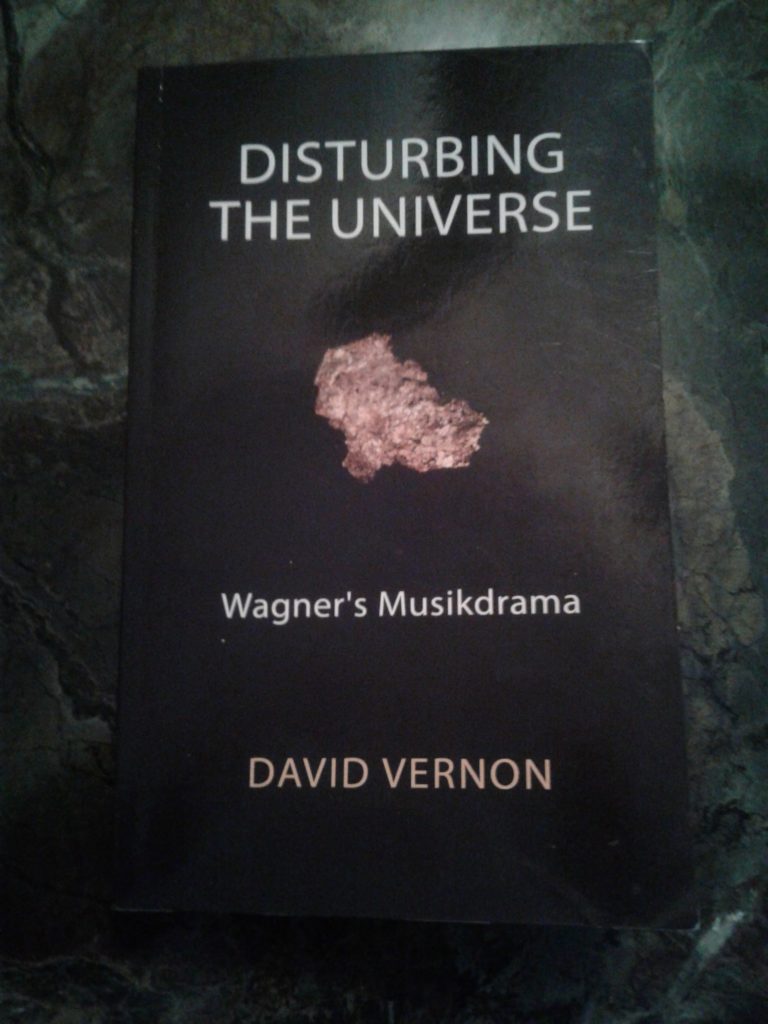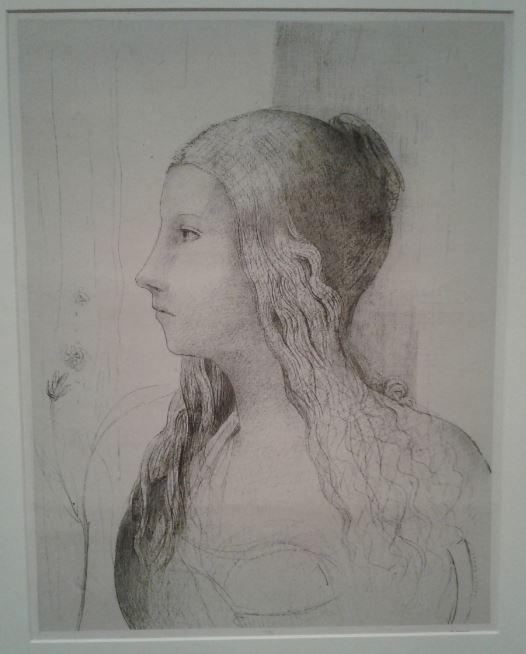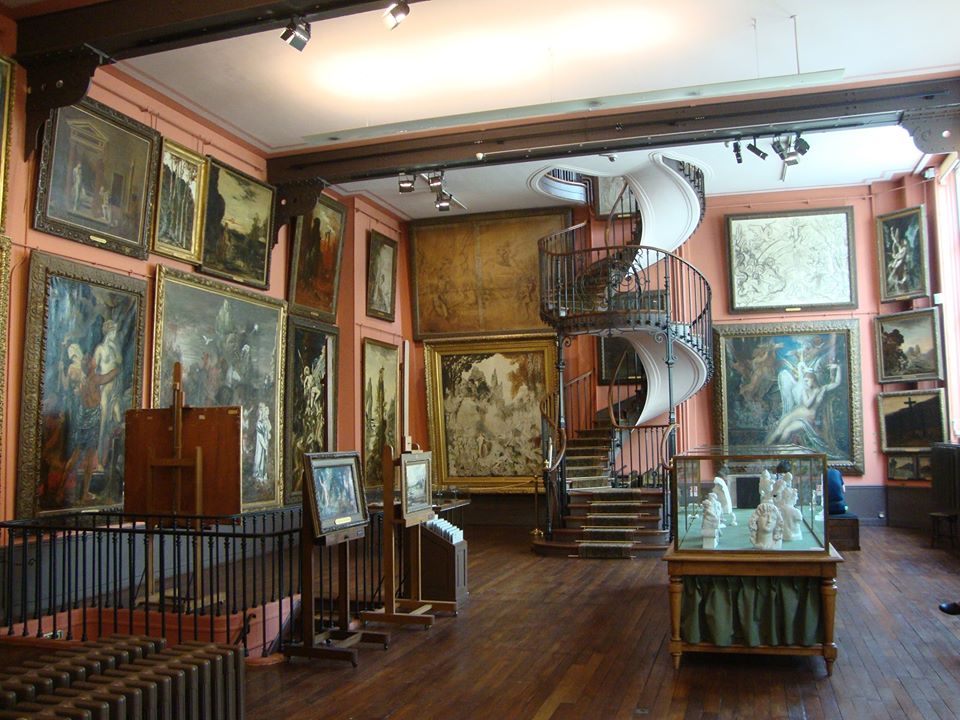I have never developed a taste for opera. My initial foray into Classical music was in high school and came via theater…when I read Ibsen’s Peer Gynt and then discovered Grieg’s Peer Gynt Suites. Then into the sturm and drang of Beethoven when one of my best friends ‘air conducted’ any number of his symphonies. And then in college when the drummer in my blues band told me that I needed to hear Bach’s Brandenburg Concertos by the Collegium Arium. Then there was no stopping me…as a friend pushed Mahler’s Second Symphony by Bruno Walter…and then on to the 20th Century Russians!
But this was all orchestral music. And even my introduction to music class at college as part of my Bachelor of Fine Arts in Art Education…still left me wondering what all the noise was about in opera.
But now decades later I have seen a fair number of paintings or prints in both Paris and the US based on the works of Richard Wagner. So my curiosity has been reawakened.

And then mid-2021, this book appeared on social media, written by a ‘new friend’ that I had recently met there…and I decided to dive in and see what I could learn from Disturbing the Universe: Wagner’s Musikdrama by David Vernon
So as a novice, I had no idea if this would work out…but it worked out marvelously. So what do we have here…a very engaged and precise discussion of all things Wagner. And for the novice a very clear outline of Wagner’s life, his influences, the legends and stories that inspired him, and his influence on the rest of the music world. And for a novice we learn some very fascinating things. The term motif in the context of musikdrama and how Wagner used them to deliminate the characters and how they meld the story lines and character development across the arc of his Ring Cycle.
And although I was aware of Bayreuth and its history as the keeper of the flame, I wasn’t aware until reading Disturbing the Universe, that Wagner was the driving force behind its development. As his spirit is still writ large there.

Yes, at times this gets a little deep for the novice, but not often. Instead I found myself driven by the sense of wonder and amazement at Wagner’s accomplishments. How his story telling evolved and how the music, although supporting opera, builds on and builds a new tradition for symphonic orchestral works. So for those of us not schooled in opera or with limited experience, this is a solid platform to start our education.
And for those of you with a solid understanding of opera or even a detailed interest in Wagner, you will find a lot of information here to increase your awareness and appreciation of his story telling and composition. And if you are attuned to the history of Bayreuth you may pick up on some of the comments comparing recent performances of Wagner’s works to the historical norms. I think you will find a lot to like here! There is even several inserts about how the different voices of the instruments were written specifically to support the mood and feeling of a particular section…something I understood…but if you are familiar with the works…you will really really appreciate how it works in performance.
So look for chapter long details on Tannhauser, Lohengrin, Parsifal, Tristan und Isolde, THE Ring Cycle, and others. My biggest problem now will be deciding where to start my listening!
And apologies for not having the depth of experience to do justice to this book!

P.S. Added 1/26/2022: Dr. Vernon has also included two addenda. One is a synopsis of each Wagner Musikdrama and the second is suggested reference materials listed as a guide to further reading.
